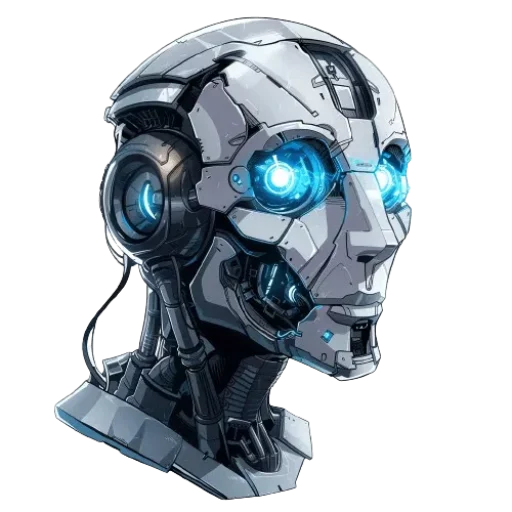Key findings
Generative artificial intelligence (GenAI) is set to impact, but not transform, the work of Chemical Equipment Operators and Tenders.
Blue-collar jobs like this are unlikely to be automated by GenAI due to the physical nature of the tasks involved.
The unique automation wave may even increase demand for such workers with the rise of premium goods and services.
While some skills may be automated in the future, the complex problem-solving, critical thinking, and physical coordination required in this job will keep it shielded from major AI disruption.
Automated tasks may include data processing and quality control analysis, but the core functions of monitoring, troubleshooting, and decision-making will continue to rely on human expertise.
How could AI or automation replace or complement job activities?
Artificial Intelligence and automation tools could potentially assist in the tasks of overseeing safety protocols, monitoring operational data, adjusting controls, and conducting routine inspections for Chemical Equipment Operators.
However, the complex decision-making and manual handling required in tasks like estimating materials, making repairs, or directing workers may not be easily replaceable.
For example, AI could help analyze data for detecting leaks, but human intervention may still be necessary for implementing emergency response procedures.
Job description
Operates and monitors equipment to control chemical reactions in the production of industrial or consumer goods. Uses devices like devulcanizers, steam-jacketed kettles, and reactor vessels.



0 Comments